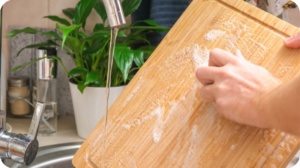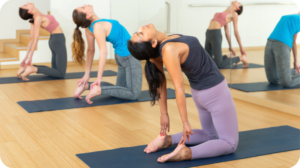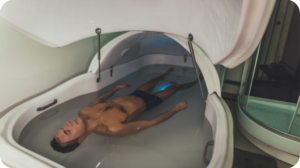The beneficial role exercise plays in both physical and mental health has long been established through vast reams of research. Studies continue to look at the ideal balance of intensity and duration, the best exercises for different demographic groups, and other specifics. But the fact that regular—meaning everyday—exercise can significantly benefit your health is not really in contention.

Refining the recommendations for daily or weekly exercise—specific quantitative goals from the 2018 Physical Activity Guidelines for Americans provided by the U.S. Department of Health and Human Services—recently published decades-long research involving more than 100,000 participants has revealed that there may be significant longevity benefits to going beyond the HHS’s recommendations.
The findings from the study published in the journal Circulation are surprising and eye-opening. Individuals who doubled the daily recommendation for minimum physical activity substantially lowered their risk of cardiovascular disease. Participants who did two to four times the recommendations for vigorous activity had between 21 to 23 percent lower mortality from all causes.
The Takeaways
Before you drop everything to begin training as a triathlete, it’s wise to consider the big picture of your physical fitness, and consider the points below.
- Know the baseline. The HHS recommendations from 2018 are still a valid starting point (and a great regimen); those are 75-150 minutes of vigorous activity, 150-300 minutes of moderate activity, or some combination. Running is an example of vigorous activity, while walking is moderate.
- Respect your limits. Just because more exercise is better, does not mean it may be right for you. Jumping into a vigorous exercise routine carries with it a greater risk of injury (and being sidelined with an ankle sprain or worse, will put a severe crimp in your physical activity). You also likely have limited time in your day to dedicate to different types of exercise. Plan accordingly and be reasonable, so that you don’t set yourself up for failure. Better to exercise slightly less, on a consistent basis, than workout more aggressively for a short, unsustainable period.
- Seek a mix. The research clearly indicates the greatest benefit comes from mixing exercise intensities. This is also a way to keep yourself engaged; a range of exercises are less likely to bore you into quitting. Interval training is especially effective for this purpose.
Regardless of how much, or how intensive the exercise you get, you should always consult your physician or primary caregiver prior to starting a new exercise routine or significantly ramping up your existing regimen. Keep in mind that vigorous doesn’t necessarily equal speed; hiking up a hill at a steady pace could well qualify, and would be a great way to clear your head as well!





